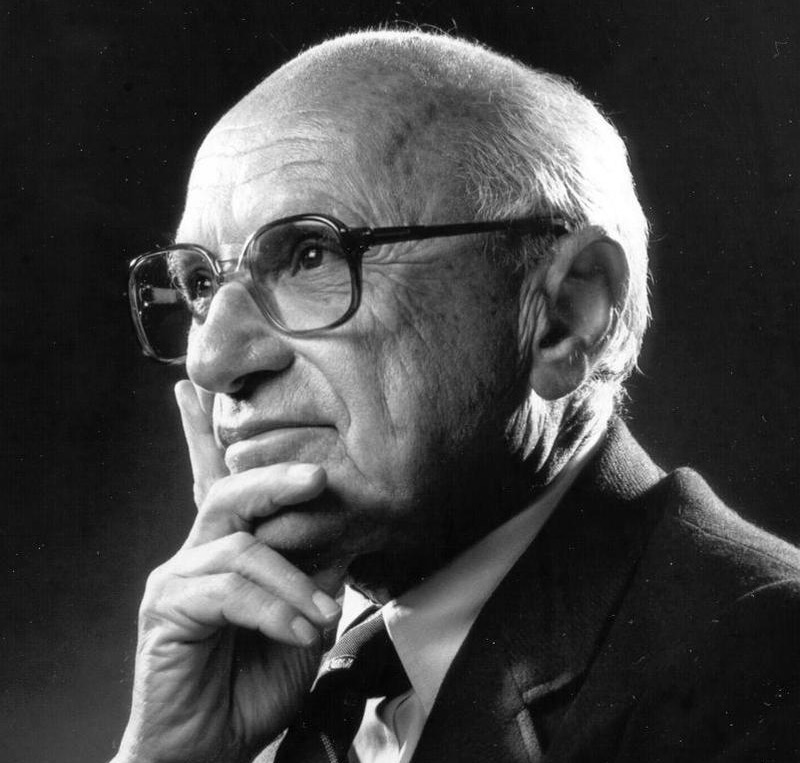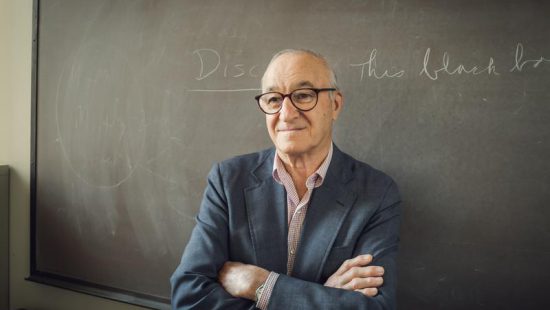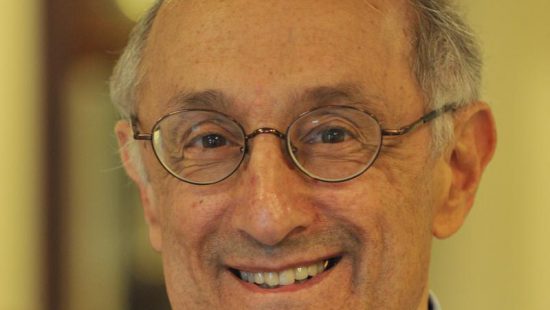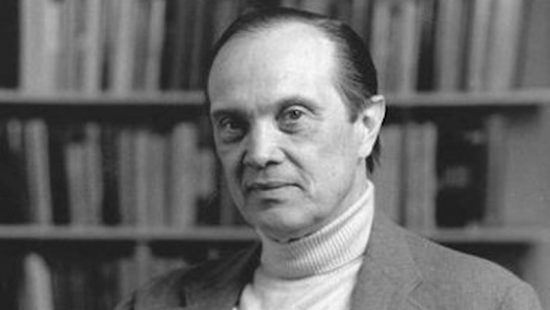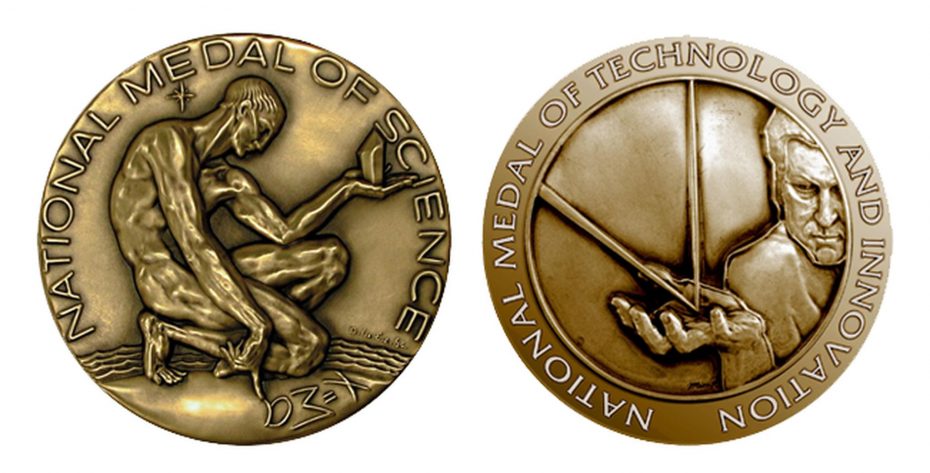Milton Friedman never held political office, but his philosophies and research made him one of the most powerful men in the United States and, perhaps, the world. Lauded as perhaps the most influential economist of the second half of the 20th Century, Friedman achieved a level of fame and power enjoyed by few of his peers.
A fierce proponent of a free market economy with little intervention from the government – and the notion that economic freedom was required for political freedom – Friedman’s views influenced a generation of world leaders ranging from President Ronald Reagan to British Prime Minister Margaret Thatcher. With his talent for synthesizing complex ideas, Friedman authored numerous books and columns.
In the 1960s, Friedman warned that his research showed unemployment and inflation would rise in the 1970s, a prediction that came true and became known as “stagflation.’’ In 1976, Friedman was awarded a Nobel Prize in economic sciences for his work.
Friedman, who earned a doctorate from Columbia University, worked as an economist for the Treasury Department during World War II, had a long teaching career at the University of Chicago and later was a research fellow at Stanford University.
By Robert Warren

